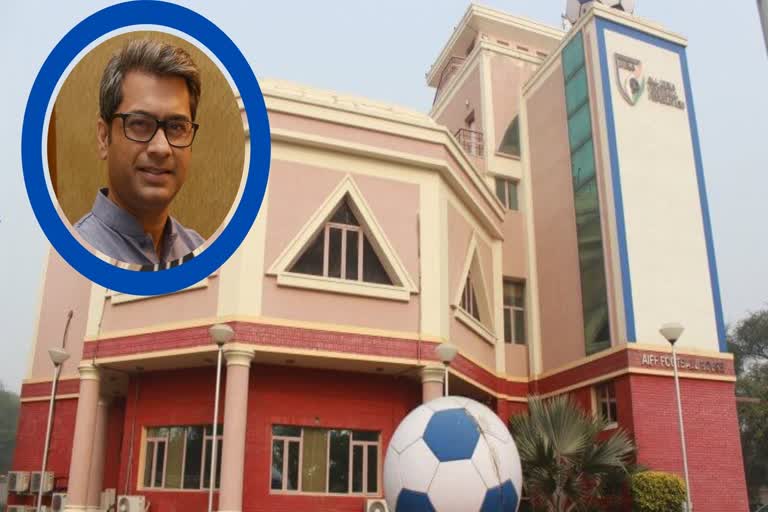New Delhi: Former India goalkeeper Kalyan Chaubey's petition against the All India Football Federation could be heard in the Supreme Court on Monday, days after the AIFF approved an extension of its executive committee in violation of the Sports Code. According to Chaubey, the SC listed the hearing on January 4.
On December 16, Chaubey had filed a petition before the SC, seeking to direct the AIFF to hold elections "at an early date".
But during its last Annual General Body Meeting (AGM) on December 22, when its four-year term of the current executive committee was to end, the AIFF general house approved an extension till the SC decides on a pending case.
However, AIFF president Praful Patel said he would not contest elections as and when they are held. Patel, who has been AIFF president since 2012, is ineligible to contest as per the Sports Code.
"Tomorrow could be a big day for Indian football," Chaubey told PTI on Sunday.
Six days after Chaubey filed his petition in the apex court, a resolution was passed during the virtual AIFF AGM to extend the term of the executive committee till the SC gives it verdict on the framing of the new constitution and election process.
In November, the AIFF had moved an application before the SC, seeking continuation of its existing executive committee beyond its term on the ground that the court-appointed administrators could not frame a new constitution to conduct elections.
Chaubey was in the Indian team as goalkeeper in the early 2000s, including in the SAFF Championships. He has played for big clubs like Mohun Bagan, East Bengal, Salgaocar and JCT Mills.
The SC, in a 2017 order, had appointed a Committee of Administrators (CoA) comprising S Y Quraishi and Bhaskar Ganguli to formulate the constitution of the AIFF in consonance with the Sports Code.
Quraishi had refuted AIFF's claims that he had sought more time to prepare the draft constitution of the sports body, saying the document has already been submitted to the apex court.
He said the CoA had finalised the draft constitution in December 2019 and submitted it to the SC in January 2020 in a sealed cover as directed by the apex court.



